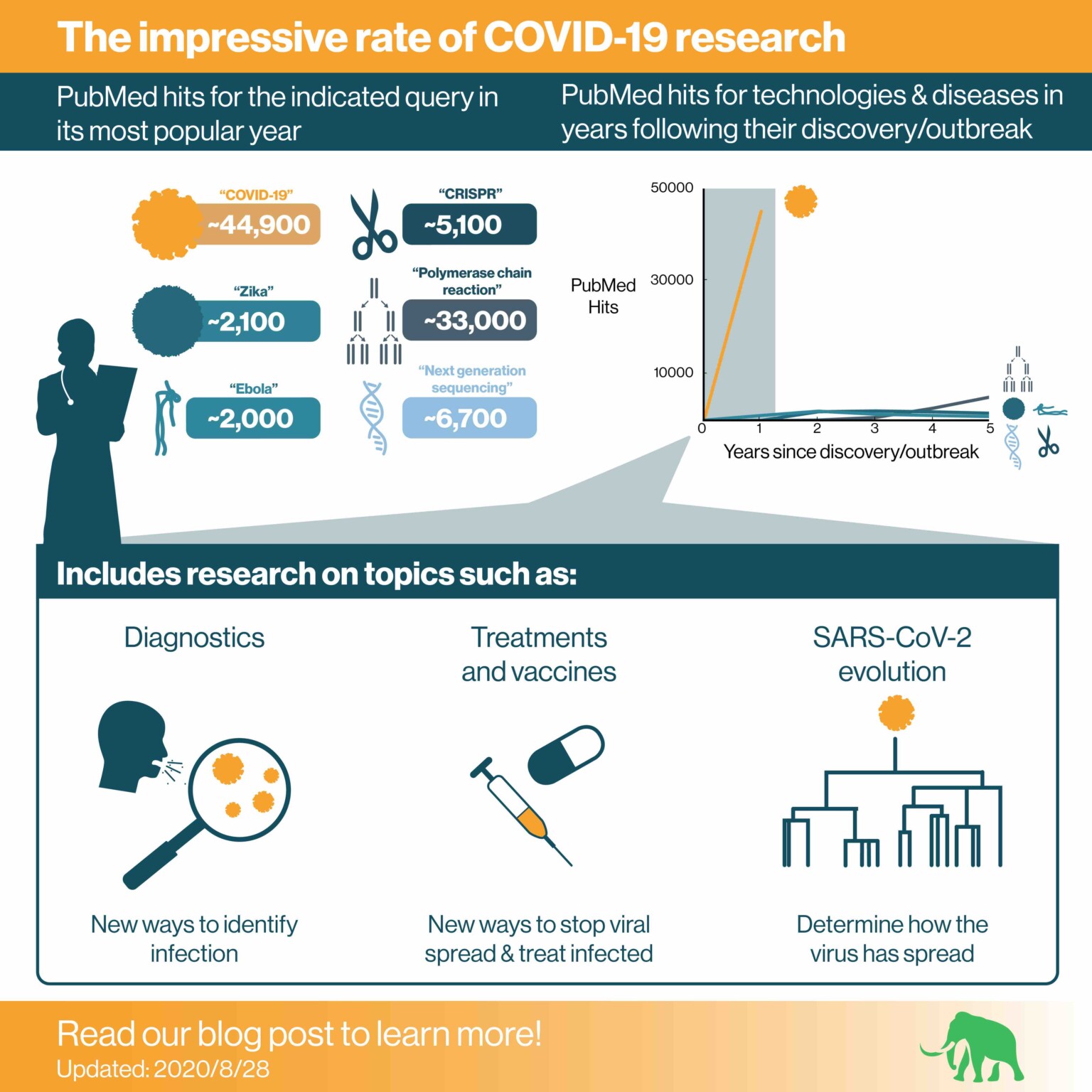COVID-19 Research Topic Ideas for 2025: Exploring the Next Frontier
Related Articles: COVID-19 Research Topic Ideas for 2025: Exploring the Next Frontier
- Breakfast Ideas With Pancakes And Eggs: A 2025 Culinary Exploration
- Best Passive Income Ideas For 2024-2025: Generate Wealth Without Active Effort
- 60th Birthday Gift Ideas For Men: A Comprehensive Guide For 2025
- Cheap Meal Ideas Recipes 2025: Nourishing And Budget-Friendly Options For The Future
- 80th Birthday Cake Ideas For 2025: Celebrating A Milestone With Timeless Elegance
Introduction
With enthusiasm, let’s navigate through the intriguing topic related to COVID-19 Research Topic Ideas for 2025: Exploring the Next Frontier. Let’s weave interesting information and offer fresh perspectives to the readers.
Table of Content
Video about COVID-19 Research Topic Ideas for 2025: Exploring the Next Frontier
COVID-19 Research Topic Ideas for 2025: Exploring the Next Frontier

Introduction
The COVID-19 pandemic has had a profound impact on global health, economy, and society. As the world emerges from the acute phase of the crisis, it is crucial to continue research efforts to understand the long-term effects of the virus and develop strategies to mitigate its impact. This article presents a comprehensive list of research topic ideas for 2025, addressing various aspects of COVID-19 and its implications. These topics aim to guide researchers in exploring the next frontier of COVID-19 research, contributing to scientific advancements and informing policy decisions.
Long-Term Health Consequences
- Assessment of post-acute sequelae of COVID-19 (PASC): Investigate the prevalence, severity, and duration of long-term health effects experienced by COVID-19 survivors, including cognitive impairment, fatigue, and cardiovascular complications.
- Impact of COVID-19 on chronic diseases: Explore the interactions between COVID-19 and existing chronic conditions, such as diabetes, hypertension, and cancer, to understand their synergistic effects and develop tailored management strategies.
- Development of biomarkers for PASC: Identify and validate biomarkers that can aid in the early detection, diagnosis, and monitoring of long-term health consequences of COVID-19.
Viral Evolution and Variants
- Surveillance and tracking of emerging COVID-19 variants: Monitor the evolution and spread of new COVID-19 variants, including their transmissibility, pathogenicity, and immune evasion capabilities.
- Development of variant-specific vaccines and therapeutics: Design and evaluate vaccines and therapeutics tailored to emerging COVID-19 variants to enhance their effectiveness and prevent future outbreaks.
- Impact of variants on vaccine efficacy: Assess the impact of COVID-19 variants on the efficacy of existing vaccines and develop strategies to maintain vaccine effectiveness against evolving strains.
Public Health and Prevention
- Optimization of public health measures: Evaluate the effectiveness of public health interventions, such as masking, social distancing, and contact tracing, in controlling the spread of COVID-19 and preventing future outbreaks.
- Development of early detection and isolation strategies: Implement advanced surveillance systems and develop rapid diagnostic tests to facilitate early detection of COVID-19 cases and prevent transmission.
- Addressing health disparities in COVID-19 outcomes: Investigate the underlying factors contributing to health disparities in COVID-19 outcomes and develop targeted interventions to reduce inequities.
Socioeconomic and Psychological Impacts
- Economic recovery from COVID-19: Analyze the economic impact of the pandemic and develop strategies to promote economic recovery, job creation, and business sustainability.
- Mental health consequences of COVID-19: Assess the prevalence and severity of mental health issues, such as anxiety, depression, and post-traumatic stress disorder, associated with COVID-19 and develop effective interventions.
- Social and behavioral changes post-pandemic: Explore the long-term social and behavioral changes resulting from the COVID-19 pandemic, such as remote work, social isolation, and increased reliance on technology.
Vaccines and Therapeutics
- Development of universal vaccines: Design and evaluate vaccines that provide broad protection against multiple COVID-19 variants and other coronaviruses.
- Advancements in antiviral therapies: Identify and develop new antiviral drugs with improved efficacy and reduced side effects for the treatment of COVID-19.
- Immunological mechanisms of COVID-19 vaccines and immunity: Investigate the immunological mechanisms underlying vaccine-induced immunity and explore strategies to enhance vaccine durability and protection.
Data Science and Analytics
- Big data analysis for COVID-19 research: Utilize advanced data science techniques to analyze large datasets related to COVID-19, including patient records, epidemiological data, and genomic sequences, to identify trends, patterns, and risk factors.
- Development of predictive models: Create predictive models to forecast COVID-19 outbreaks, assess the effectiveness of interventions, and optimize healthcare resource allocation.
- Artificial intelligence for COVID-19 diagnosis and prognosis: Explore the use of artificial intelligence algorithms for automated diagnosis, prognosis, and personalized treatment planning for COVID-19 patients.
Environmental and One Health
- Role of animals in COVID-19 transmission: Investigate the role of animals, including wildlife and domestic species, in the transmission and evolution of COVID-19.
- Environmental factors influencing COVID-19 spread: Assess the impact of environmental factors, such as air pollution, temperature, and humidity, on the transmission and severity of COVID-19.
- One Health approach to COVID-19: Promote a One Health approach that integrates human, animal, and environmental health perspectives to prevent future pandemics.
Conclusion
The research topic ideas presented in this article provide a roadmap for future COVID-19 research, addressing the critical challenges and opportunities facing the world in the post-pandemic era. By pursuing these topics, researchers can contribute to our understanding of the long-term effects of COVID-19, develop effective strategies for prevention and control, and mitigate the socioeconomic and psychological impacts of the pandemic. This research will ultimately inform policy decisions, guide healthcare practices, and pave the way for a more resilient and prepared society in the face of future public health threats.
![[IMGSRCTITLE2]](https://static01.nyt.com/images/2020/03/31/world/00virus-scientists1/00virus-scientists1-videoSixteenByNine3000-v2.jpg?year=2020u0026h=1688u0026w=3000u0026s=d2370019ee1ca052a2a8b4cf7d932b4cf7b85db11f59e2a05edc4527bc855931u0026k=ZQJBKqZ0VNu0026tw=1)
![[IMGSRCTITLE3]](https://www.birmingham.ac.uk/Images/College-MDS-only/COVID19-research-briefing/UHB-COVID19-INFOGRAPHIC-20MAR2020.png)
![[IMGSRCTITLE4]](https://www.birmingham.ac.uk/Images/College-MDS-only/COVID19-research-briefing/UHB-COVID19-INFOGRAPHIC-25MAR20201250x1768.jpg)
![[IMGTITLE5]](https://www.emeraldgrouppublishing.com/sites/default/files/image/covid-research.jpg)
![[IMGTITLE6]](https://www.emeraldgrouppublishing.com/sites/default/files/image/covid-cells.jpg)
![[IMGTITLE7]](https://www.chla.org/sites/default/files/thumbnails/image/CHLA-COVID-19-Research-1200x628-01.jpg)
![[IMGTITLE8]](https://www.pewresearch.org/wp-content/uploads/2021/06/PRC_21.05.28_TopicPageImages_science_covid19-and-science.png)
![[IMGTITLE9]](https://www.birmingham.ac.uk/Images/College-MDS-only/COVID19-research-briefing/UHB-COVID19-INFOGRAPHIC-17APR20201250x1768.jpg)
Closure
Thus, we hope this article has provided valuable insights into COVID-19 Research Topic Ideas for 2025: Exploring the Next Frontier. We appreciate your attention to our article. See you in our next article!